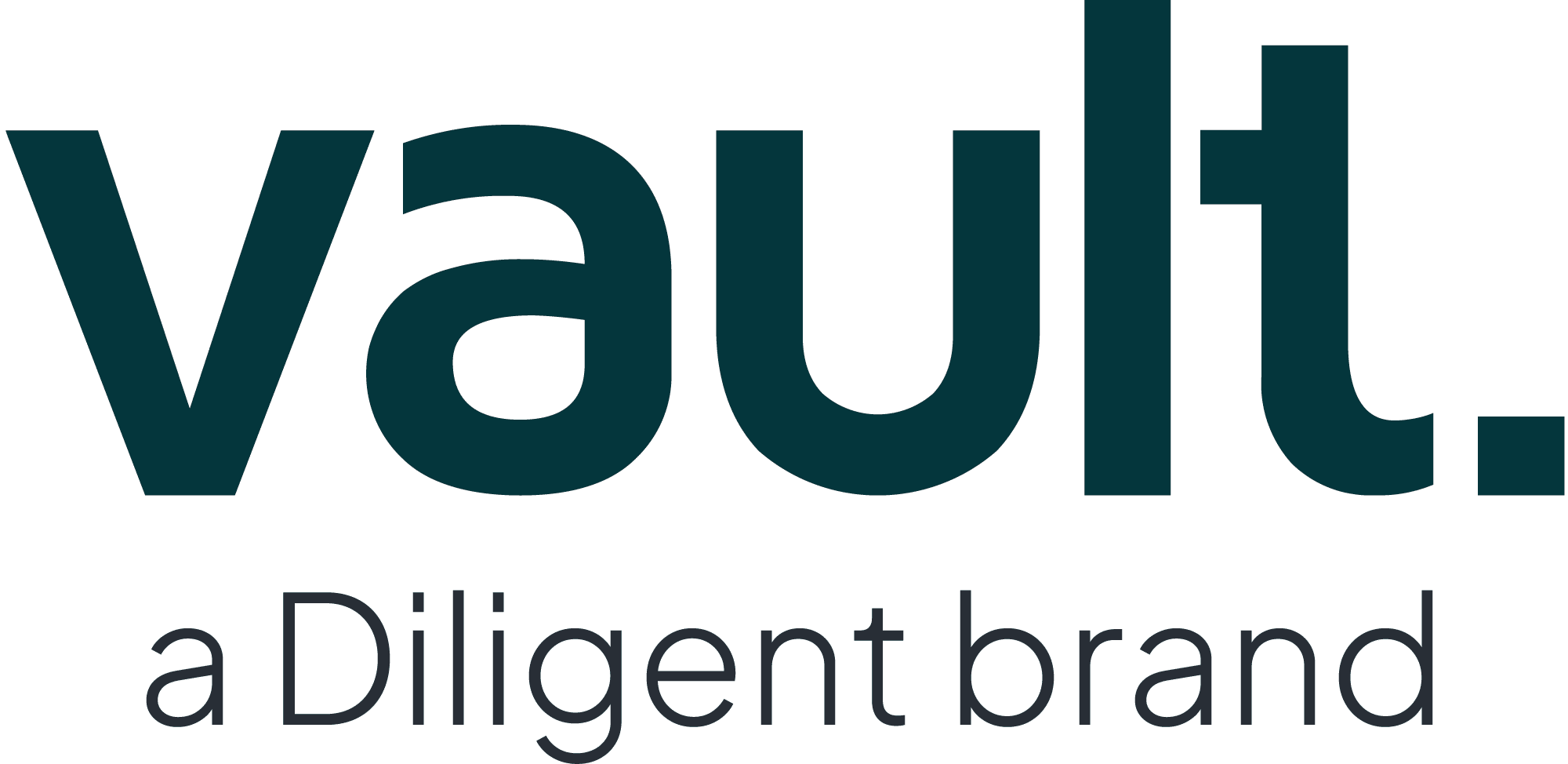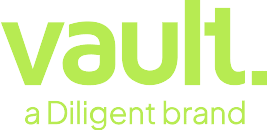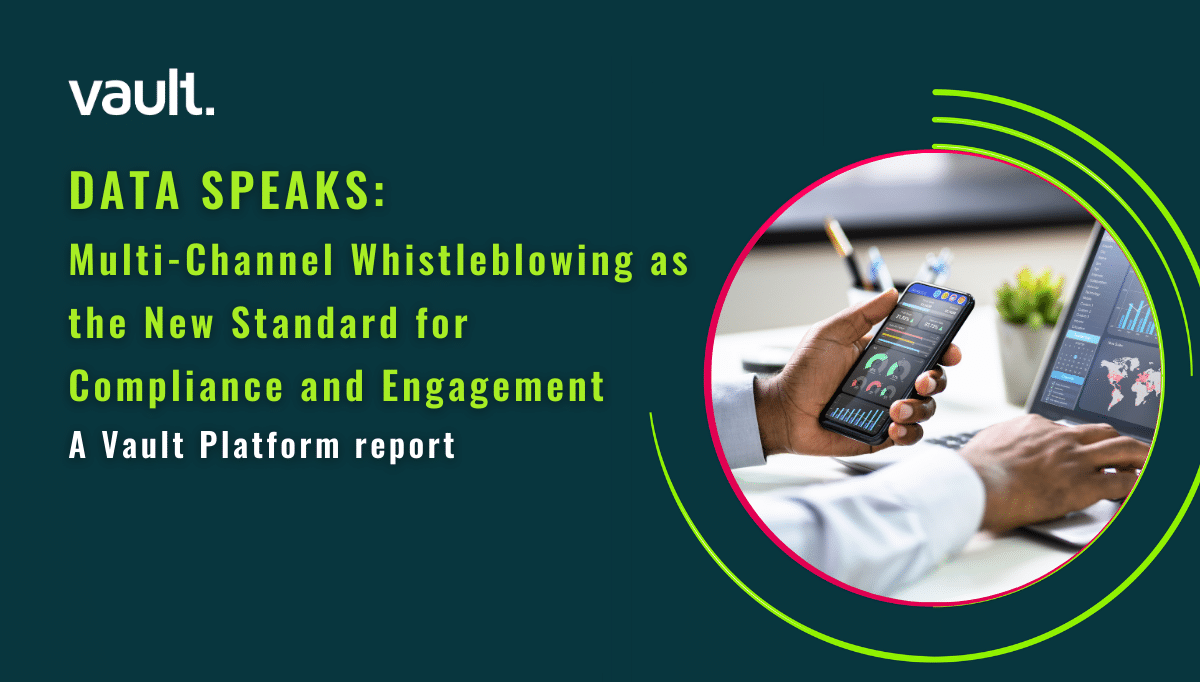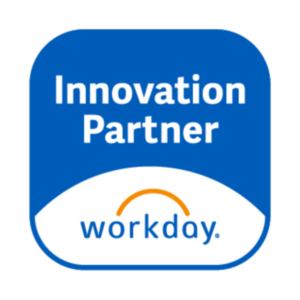It’s well documented that during periods of significant change within an organization, such as a merger with another company, the rate of observed misconduct also rises. In the recently released Global Business Ethics Survey 2020, from the Ethics and Compliance Initiative (ECI), it is suggested that COVID-19 may be having similar repercussions.
Organizations have had to react quickly and undergo many organizational changes, such as moving employees to remote work, increasing flexible work schedules, and implementing cost-cutting measures including furlough and redundancies. As a result, employees are feeling pressure to either bend or break the rules, or to turn a blind eye to others that do.
According to the industry body, globally, more than one in every five employees feels pressure to compromise their organization’s ethics standards, policies, or the law. Interestingly, employees who feel under pressure are about 2X more likely to observe misconduct in their workplace than those who don’t feel under pressure, which could suggest that companies feeling the pinch have higher pressure work environments.
The top five forms of misconduct observed are now depressingly familiar
55% experience conflicts of interest
52% experience abusive behavior
45% experience health and safety violations – pertinent during times of COVID
43% experience corruption
37% experience discrimination
Weak leadership influences everyone
When it comes to influencing factors to bending the rules, weak leadership at the top and weak leadership from direct managers were almost equal – 49% versus 48%. This speaks to concerns that many ethics and compliance professionals have raised during the several ECI Working Groups that Vault Platform is currently participating in.
As one participant put it: “Social dynamics drive behavior within a company, not policies. Employees look at what their leaders do for direction. Without buy-in from the top, a policy is just a piece of paper.”
To this end, Vault Platform believes companies should be bracing for a wave of lawsuits as a by-product of the already significant disruption caused by COVID-19. In a recent article for the Central London Lawyer, we consider that a high-pressure economic environment leads to the increased temptation of non-compliance, while simultaneously lowering the resistance of individuals at risk of being exploited as they struggle with employment. This will impact not just ‘on-site’ workers such as those in caring or catering, but office workers as well, both those in-office and at home.
Without culture, a policy is just a piece of paper
It’s clear that ethics and compliance are no longer process-driven strategies or a list of boxes to be checked off, they’re a part of the modern company culture. In order to really understand what their culture is, companies have to make it easy for employees to Speak Up. Companies should want to hear from their people what’s really happening on the ground. They should want to get a head’s up on problems before they grow out of control.
As the saying goes: “the truth will out,” so companies blinkered to non-compliance now will only be saving pain for the future.
While it’s true that in times of uncertainty, trust between employer and employee is tested more than ever, the current crisis offers up some unique opportunities that organizations should grasp. We recently serialized a number of single-page snapshots of insight from Harvard Business School Professor Frances Frei.
- To reboot your ‘open-door policy’ and make it a more meaningful experience
- To build trust with your employees with leadership that persists in your absence
- To get your employees more connected to each other even in isolation







